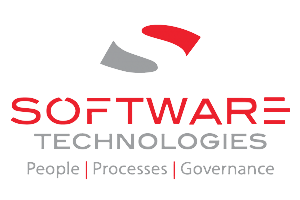
In today’s rapidly evolving business landscape, staying competitive and adaptable is essential for success. One of the driving forces behind this adaptability is the implementation of Human Resource Management Systems (HRMS). These sophisticated digital solutions have not only revolutionized the HR department but have also become the backbone of modern organizations. In this blog, we will delve into the world of HRMS and explore how it is shaping the future of work.
The HRMS Revolution
Gone are the days when HR departments were buried under mountains of paperwork, struggling to keep up with employee records and administrative tasks. HRMS has ushered in a new era of efficiency, accuracy, and strategic HR management. Let’s examine some key ways HRMS is making a profound impact on the modern workplace.
- Efficiency Redefined: HRMS automates countless HR processes, from employee onboarding and payroll management to benefits administration and performance evaluations. This automation not only saves time but also reduces the likelihood of errors, ensuring that HR operations run seamlessly.
- Centralized Data Management: One of the standout features of HRMS is its ability to centralize all employee data. This means that crucial information, such as employment history, training records, and performance evaluations, is easily accessible and always up-to-date.
- Data-Driven Decision-Making: HRMS empowers organizations with data analytics tools that provide actionable insights. From predicting turnover rates to assessing training needs, data-driven decisions are becoming the norm in HR strategy.
- Enhanced Employee Experience: With self-service portals and mobile apps, employees can manage their HR-related tasks more independently. They can request time off, view pay stubs, and access important documents, fostering a culture of transparency and empowerment.
- Compliance and Security: Staying compliant with labor laws and data security regulations is non-negotiable. HRMS solutions often come equipped with built-in compliance checks and robust security measures, ensuring that sensitive employee data remains protected.
As businesses adapt to the ever-changing demands of the modern workforce, HRMS has become an indispensable asset. Whether managing a remote workforce, ensuring compliance with evolving labor laws, or nurturing a culture of continuous improvement, HRMS is the key to thriving in the contemporary workplace. Embrace the power of HRMS, and you’ll find your organization better equipped to navigate the challenges and opportunities of the future of work.
